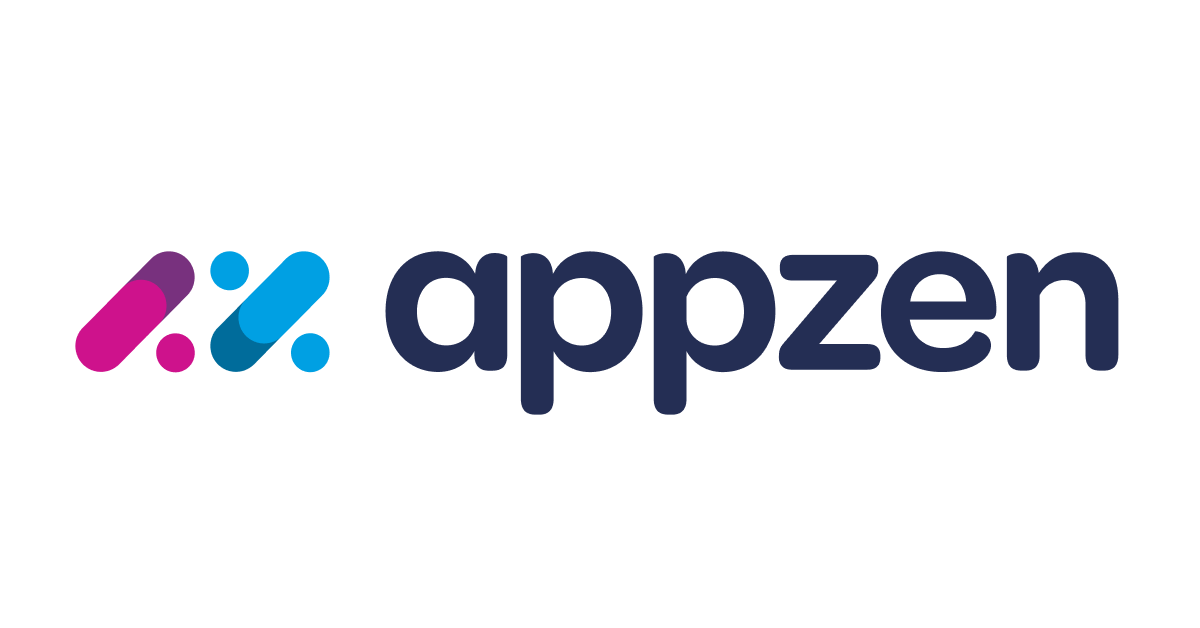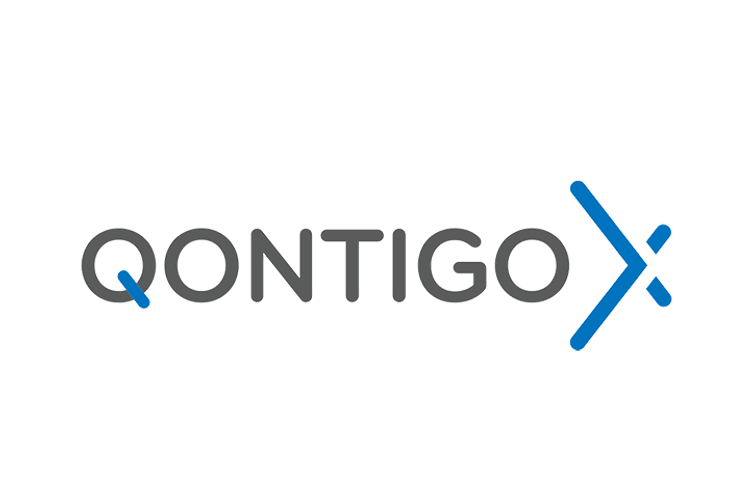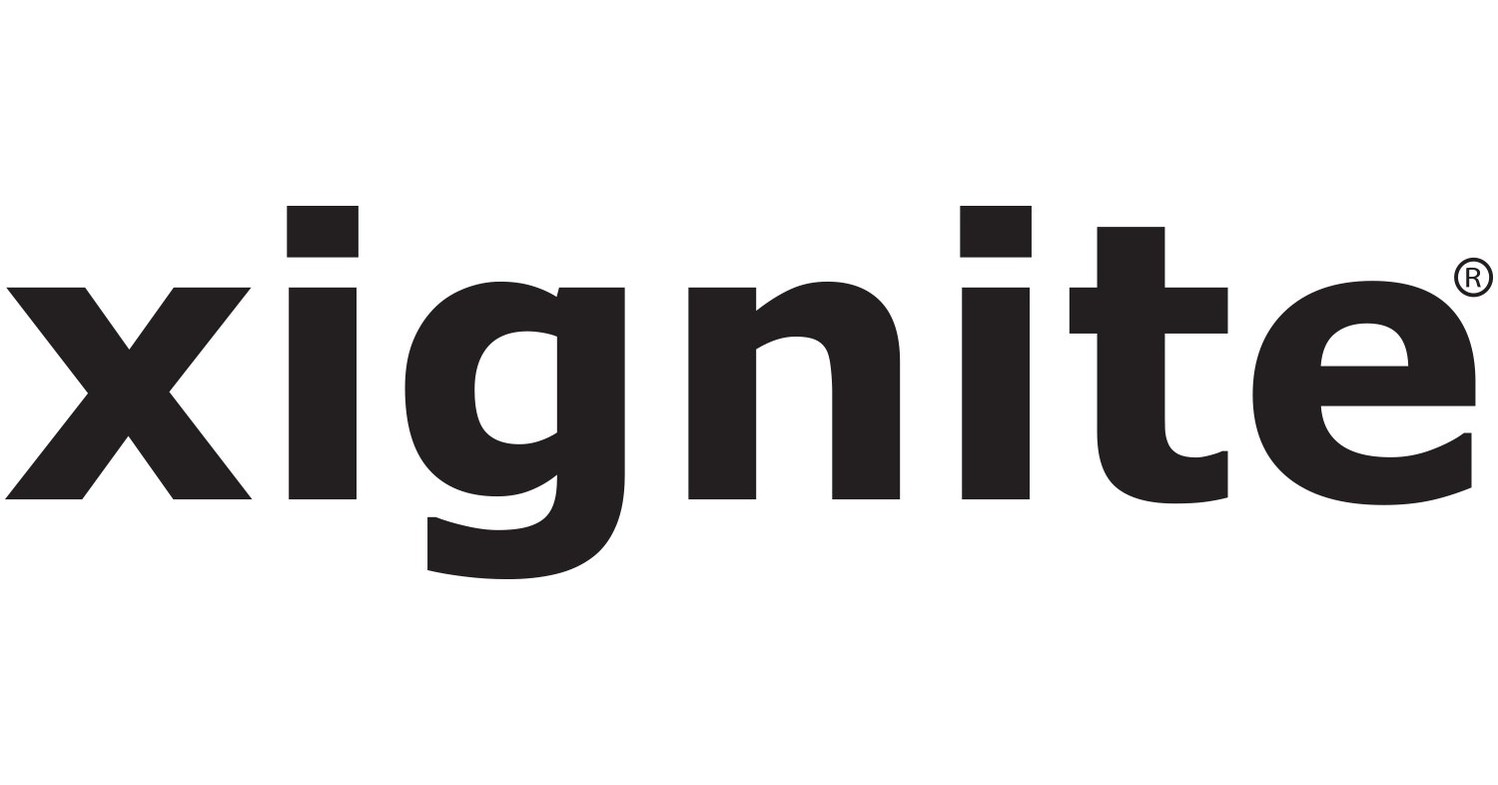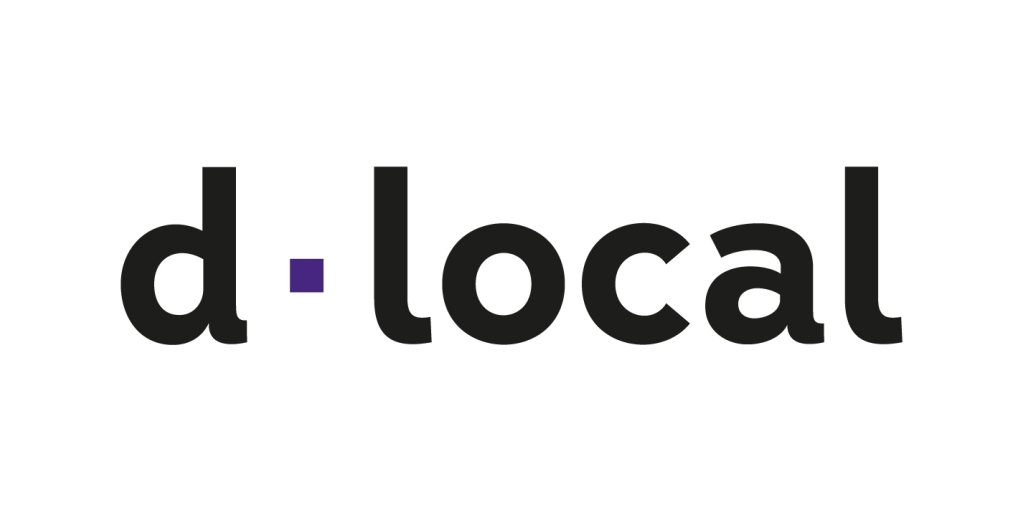Published
- 06:00 am

Pure Storage (NYSE: PSTG), the IT pioneer that delivers storage as-a-service in a multi-cloud world, today announced it has entered into a definitive agreement to acquire Portworx, the leading Kubernetes data services platform enterprises trust to run mission-critical applications in containers in production, for approximately $370 million in cash. This deal represents Pure’s largest acquisition to date and the company's deeper expansion into the fast-growing market for multi-cloud data services to support Kubernetes and containers.
“As forward-thinking enterprises adopt cloud native strategies to advance their business, we are thrilled to have the Portworx team and their groundbreaking technology joining us at Pure to expand our success in delivering multi-cloud data services for Kubernetes," said Charles Giancarlo, Chairman and CEO, Pure Storage. “This acquisition marks a significant milestone in expanding our Modern Data Experience to cover traditional and cloud native applications alike.”
Portworx is the Kubernetes Data Services Platform most used by Global 2000 companies to provide persistent storage, high availability, data protection, data security, and cloud mobility for containers deployed in hybrid cloud architectures. By combining Portworx container data services with Pure’s industry-leading data platforms and Pure Service Orchestrator software, Pure will provide a comprehensive suite of data services that can be deployed in-cloud, on bare metal, or on enterprise arrays, all natively orchestrated in Kubernetes. With Portworx, Pure delivers the industry’s most complete platform for every stage of the cloud native journey.
Digital leaders are increasingly turning to the cloud native stack to process data into value and insight. Today, 95% of new applications are developed in containers according to 451 Research. By 2025, Gartner predicts that 85% of global businesses will be running containers in production, up from 35% in 2019. Yet, as cloud native scales, traditional and cloud-based storage can struggle to keep-up with the fluid nature of microservice applications deployed in containers, making data resiliency, mobility, security, backup, and recovery a challenge, especially in multi-cloud deployments. Cloud native applications deserve a storage services platform purpose-built to address these challenges. Together, Portworx and Pure deliver this, today.
“I’m tremendously proud of what we’ve built at Portworx: an unparalleled data services platform for customers running mission-critical applications in hybrid and multi-cloud environments. The traction and growth we see in our business daily shows that containers and Kubernetes are fundamental to the next-generation application architecture and thus competitiveness,” said Murli Thirumale, CEO, Portworx. “We are excited for the accelerated growth and customer impact we will be able to achieve as a part of Pure.”
Portworx is the industry’s leading Kubernetes Data Services Platform used by enterprises including Carrefour, Comcast, GE Digital, Kroger, Lufthansa, and T-Mobile and was named the Leader in the 2020 GigaOm Radar for Data Storage for Kubernetes report.
“As a leader in multi-cloud and on-premise log management solutions, data is at the heart of our business,” said Tucker Callaway, CEO, LogDNA. “We work with Portworx because they provide the market-leading Kubernetes data services platform that allows us to offer the same fast, reliable, protected, and secure logging solutions to our customers, no matter where they decide to run their applications. We can see the power of this combination and look forward to many more years of sustained data-driven innovation from Pure Storage and Portworx.”
"Esri's ArcGIS software delivers location intelligence for some of the world's most pressing problems including Covid-19 tracking, fire mapping and disaster management," said Brian Cross, Director of Professional Services, Esri. "We are proud to have worked with Portworx to implement cutting-edge cloud native storage technologies allowing our customers to solve these types of geospatial problems at massive scales. Portworx is a key partner for Esri as we develop and release our next generation of Kubernetes-based real-time capabilities, and we look forward to continuing our work together as it evolves with Pure Storage."
“In 2019 we evaluated Kubernetes storage platforms for one of our services and after thorough research we decided on Portworx,” said Sven Sonnendorfer, Community Manager, Audi Business Innovation, a 100% subsidiary of Audi AG who provide cloud services to VW Group members. “The improved performance compared to the standard Kubernetes storage provider, the included features, reliable operations and upgrades and the great support demonstrate that this was the right decision. Portworx saves us time and money by providing more reliable tooling to our customers.”
Related News
- 02:00 am

Appian (NASDAQ: APPN) today published survey results examining the response of the UK banking sector to the coronavirus pandemic, revealing that nearly three-quarters of respondents say their organisation has become more innovative as a result.
The “Innovating in a Crisis: How COVID-19 Changed the Way UK Banks Deliver Core Operations” survey, conducted by FT Focus and supported by Appian, shows that banks are rising to new challenges. 78% of banks have “proven more agile than previously thought” and 72% “have grown more innovative in 2020” according to survey results.
Senior UK banking respondents cited “making sales and winning new business” (73%) as the biggest additional challenge posed by COVID-19, followed by “customer services” (72%), then “risk management and compliance processes” (71%). However, one bank’s challenge appears to be another’s opportunity. Showing that the competitive nature of the market remains despite the crisis, roughly equal proportions of respondents viewed the pandemic and Brexit as opportunities or threats to business. Emerging technologies represented the only factor where respondents achieved more of a consensus, with 57% viewing the use of automation, cloud, and AI as opportunities for growth.
On how banks are responding to COVID-19:
- Two-thirds (66%) are planning to cut costs
- 66% are expecting to increase their automation in response to COVID-19
- 60% are expecting to increase technology spending
In addition to increased remote working and online development, 82% have accelerated compliance and approvals processes, and 81% are using agile practices to increase the pace of new product or service delivery, suggesting that pre-COVID-19 processes are being sped up.
“COVID-19 has forced the banking industry to rapidly adapt to new challenges. The survey results prove that banks are able to be agile, innovate and implement new technologies when the market demands,” said Mike Heffner, VP, Solutions and Industry Go To Market at Appian. “Although cost cuts are on the horizon for a significant number of UK banks, finding new ways to stay efficient and deliver compliant, effective service has probably never been more of a priority.”
“We have never seen such transformation, such a drive for innovation, as we have witnessed in the last four or five months [to July 2020],” said Ritesh Jain, COO of Digital Technology at HSBC and an in-depth survey respondent.
To learn more about how UK banks have stayed agile under pressure, read the full “Innovating in a Crisis: How COVID-19 Changed the Way UK Banks Deliver Core Operations” survey report.
To unpack the survey findings, Appian is hosting a webinar chaired by renowned FinTech author Chris Skinner with Appian financial services thought-leaders, Mike Heffner and Guy Mettrick.
Monday 30 September 2020, 2pm BST
Banking Operations Innovating in a Crisis: Chris Skinner Explores Our Latest Financial Times (FT) Focus Report
The webinar will explore in greater depth how:
- 66% of UK banks responded to the crisis by increasing automation
- The crisis sparked greater adaptability and faster innovation cycles
- Long-planned initiatives have been expedited to increase efficiency and productivity
Methodology
The survey, conducted by FT Focus, gathered responses from 263 senior UK banking executives during July 2020. Respondents held roles at retail banks (43%), commercial banks (29%) or investment banks (29%). Just under half (49%) were in C-suite positions, including 27 CEOs. FT Focus also spoke in depth to Ritesh Jain, then COO of Digital Technology at HSBC, to understand in detail how banking leaders are navigating the challenges that emerged in the first half of 2020.
Related News
- 07:00 am

AppZen, the world’s leading AI solution for modern finance teams, is launching Mastermind Analytics, first-of-its-kind analytics AI software that enables CFOs and their teams to identify spend risks within their organisations, as well as access on-demand benchmarks to peg their own performance against their peers. This gives finance teams unprecedented visibility into their organisations’ patterns of behaviour and spend, and provides a valuable assessment of success and areas of improvement.
AppZen’s Mastermind Analytics is designed to help CFOs reduce costs and streamline their digital transformation initiatives, both within their finance teams and throughout companies. By providing finance teams with on-demand insights into spend, risk, and operational performance, it frees up their time to focus on more business-critical activities. It also helps eliminate wasteful, fraudulent, or out-of-policy spend, and provides metrics on how to make processes and teams more efficient.
AppZen’s Mastermind Analytics offers exclusive benefits and features such as:
- Visibility of behaviour patterns beyond routine audits
- AI-driven insights drawn from the most accurate and 100 per cent audited spend data, including information extracted from receipts, contracts, invoices, expense claims, and more
- A 360 degree real-time view of a company’s finances
- More than 30 on-demand charts covering current cross-system spend, risk, and operational performance
- Benchmarking against peer organisations
- The ability to create dashboards for specific use cases, metrics, and teams
“We are excited to offer this unique analytics capability as part of the AppZen AI software suite of products,” said Anant Kale, chief executive officer and founder of AppZen. “Finance teams will now have access to previously unavailable out-of-policy spend information that enables immediate visibility into patterns and activity that could indicate, and prevent, more complex risks of fraud and waste.”
Mastermind Analytics requires zero integration or configuration and enables easy self-service changes to existing dashboards. Business users can build extensive customer dashboards and charts with no IT or engineering support and no manual effort needed to aggregate data.
AppZen created Mastermind Analytics to provide finance teams with confidence in how their performance compares to industry peers by making it clear what needs prioritising and improving while empowering them through actionable insights to address problem areas in the spend process. The immediate insights with on-demand charts, dashboards, and metrics provide a hassle-free and empowering approach to this process.
Mastermind Analytics is now available to AppZen AI Finance Platform users today.
Related News
- 02:00 am

Monica Eaton-Cardone, COO and Co-Founder of merchant dispute specialist, Chargebacks911, and its revolutionary new financial institution brand, Fi911, warns of the chargeback and fraud risks associated with the increase in contactless payments following the COVID-19 outbreak.
In a bid to reduce human interaction, the use of cash, and the touching of contact points such as PIN pads and cash machines, the UK’s contactless spending limit increased from £30 to £45 in April this year.
Customers across the globe have also got onboard with the payment method following contagion concerns about using cash and cards. As a result, Mastercard reported a 40% increase in contactless payment activity in Q1 of 2020.
This dramatic increase in contactless payments may be contributing to the sharp rise in chargebacks that have been recorded since the pandemic began. According to Cardone, industries are now experiencing 10 times the amount of payment disputes that were taking place prior to COVID-19.
Monica explained: “Contactless payments present a number of fraud threats. For one, if a valid cardholder’s information is stolen, it can be added to a mobile device and used to make unauthorised purchases – leaving merchants covering customers’ losses. In addition to this third-party fraud, contactless payments present a greater opportunity for genuine customers to commit first-party (friendly) fraud and lie about whether or not a transaction was actually made by them.
“These scenarios pose even more of a threat while the retail landscape is going through this turbulent period and genuine claims are on the rise, so merchants are in less of a position to dispute false claims.”
Although merchants are the ones left refunding customers and losing valuable goods due to chargebacks and friendly fraud, the issue doesn’t start and end with them. Behind a payment dispute is an intricate network of merchants, acquirers, issuers, and card schemes that deal with disputes and adopt their associated costs.
And, when merchants lose money to disputes, the cost will inevitably end up back with customers, since merchants raise prices to cope with these losses. This is likely to become a necessity in our current period of economic uncertainty.
For this reason, Monica warns everyone involved in the payment process to remain vigilant when it comes to chargebacks that stem from contactless payments.
Monica continued: “If merchants want to reap the benefits of contactless payments, they need to be aware of the threats involved and have strategies in place to respond effectively.
“At the same time, financial institutions should watch for activity that is unusual and out of line with typical consumer behaviour – for instance, a consumer suddenly making a high-value purchase at a store that’s thousands of miles away from home. They should also be on the lookout for repeated use of the chargeback process, which might indicate friendly fraud, as 40% of consumers who commit this fraud successfully will repeat the practice within 60 days.
“I also urge consumers to be aware of their account activity and to keep a close eye out for anything that may indicate that a contactless payment account has been compromised.”
Going forward, Monica is anticipating that contactless payment adoption will continue to grow, especially against the backdrop of COVID-19. To help combat the growing chargeback problem and fraud associated with contactless payments, Chargebacks911 is working closely with merchants – particularly those in the most susceptible industries – and financial institutions to tackle the issue head-on.
Related News
- 04:00 am

Qontigo today announced the appointment of Rodolphe Bocquet as Global Head of ESG, effective as of September 22, 2020. In this newly created position, Bocquet will lead Qontigo’s expansion of indexing and analytics in the ESG space.
A pioneer and innovator in ESG investing, Bocquet most recently served as an independent sustainability consultant working with a range of clients, including the World Bank and the Inter-American Development Bank. In 2014, he co-founded and served as Chief Executive Officer of Beyond Ratings, a startup created to better integrate long-term sustainability drivers and their impact on investments. Beyond Ratings was acquired by the London Stock Exchange Group in May 2019.
Commenting on the appointment, Holger Wohlenberg, Chief Business Officer of Qontigo, said: “Rodolphe is both a visionary and a practical innovator in ESG, with a range and depth of experience that adds enormous credibility and traction to our ambitious ESG expansion plans.”
Bocquet began his career in trading and risk management at Société Générale, but shifted his focus in 2001 to energy, climate and sustainability, holding positions with Carbone 4, AFTER, Agence Française de Développement, Conseil Régional d’Aquitaine, ADEME (Environment and Energy Management Agency), Eco-Carbone and other organizations.
Bocquet earned an MBA from HEC Paris, which included studies at the Stern Business School of New York University. He also holds a master’s degree in Environmental Engineering from Mines ParisTech ISIGE.
Related News
- 02:00 am

Xignite, Inc., a provider of market data distribution and management solutions for financial services and technology companies, announced today that it recently enhanced its Bond Master API. Xignite offers several APIs that provide real-time, delayed, historical fixed income pricing and reference data for corporate and agency debt bonds. The Bond Master API enhancement increases the coverage from the United States to 190+ countries, adds additional bond types to support more than 2 million active bond issues, and increases the ease of use of the API with several new endpoints.
Unlike legacy fixed-income data solutions, Xignite’s Bond Master API is cloud-native and offers a robust selection of use-case-based endpoints. Developers can easily integrate these endpoints into their product or app, regardless of type, amount, or frequency of data, without the need for any complex integration logic. Unlike file-based data delivery solutions, the Bond Master API makes on-demand integration into downstream security master or compliance systems frictionless.
Additional detail on the enhanced Bond Master endpoints:
- The List endpoint for bond type, issuer type, and domicile enables clients to slice and dice the bond universe differently based on use-case.
- The ScreenBonds endpoint enables clients to dynamically and easily screen the bond universe by combining criteria based on the coupon rate, maturity date, callability, and issue convertibility.
- The ListBondDataPoints and GetBondDataPoints endpoints enable clients to more easily pick and choose the reference data points they need to integrate into their systems.
- The GetBondDataPoints endpoint enables access to additional reference data points without requiring changes to an existing implementation.
“Because much of the benefits of a reference data service derives from its breadth, depth and quality of coverage, these enhancements give you the added peace of mind that comes from knowing your holdings are validated against a complete universe,” said Vijay Choudhary, Vice President, Product Management, Market Data Solutions at Xignite. “These enhancements eliminate the need to maintain an on-site bond security master, which ultimately saves our clients time and eliminates significant unnecessary expenses.”
Additional bond issuer types now include: Government Agency, Government Controlled Company, State Government, Supranational
Additional new bond types now include: Bankers Acceptance, Capital Securities, Cash Management Bill, Certificate, Certificate of Deposit, Commercial Paper, Covered Bond, Debenture, Depository Receipt, Discount Notes, Loan Note, Loan Stock, Medium Term Notes, Note, Permanent Interest Bearing Shares, Preferential Security, Preferred Security, Reference Bills, Structured Product, Strip Package, Treasury Bill
Additional reference data points are also now available for all bond types:
- Issue instrument identifiers (CUSIP, ISIN, Symbol, etc.)
- Bond Issuer details including issuer name, domicile, unique company identifier, issuer status, industry and sector
- Bond Issue details including maturity, coupon, coupon type, par value, dated date, distribution and amortization details, day count convention, original issue details, liquidation right, callable, convertible, guarantor, redemption and other issue details
This is just the latest example of Xignite’s ability to innovate. Earlier this year, the firm unveiled its suite of market data management microservices and also received a patent for its market alerts technology.
Related News
- 03:00 am

dLocal, a leading cross-border payment platform connecting global merchants to emerging markets, today announced up to $200 million in new investment, led by existing investor General Atlantic, a leading global growth equity firm with a presence across North and South America, Europe and Asia. dLocal also secured investment from Addition, a recently launched investment firm focused on early and growth stage companies. Following this new growth equity investment, dLocal is now valued at $1.2 billion, becoming not only Uruguay’s first unicorn, but also one of the highest-valued Latin American financial technology companies supporting global merchants' growth in emerging markets.
dLocal has established itself as a trusted cross-border payment processor since its inception in Uruguay in 2016. The company has been profitable every year, achieving over 100% annual organic growth over the past four years and now serving 450 merchants in 20 countries, with connectivity to more than 300 alternative payment methods. dLocal’s recent momentum is underscored by successful new business wins in additional high-growth markets, including India, Morocco, Nigeria, and South Africa. Its global customers include Amazon, DiDi, Gearbest, Nike, Shopify, Spotify, Uber, Visa/Earthport, Zara, and many others.
“I am extremely proud of what the team at dLocal has achieved since we started serving global ecommerce players four years ago,” said Sebastián Kanovich, CEO of dLocal. “Beyond securing unicorn status and becoming one of the highest-valued Latin American financial technology companies supporting global merchants, we are expanding access and helping those in emerging markets connect to ecommerce, building reliable payment technology tailored to specific local needs, constantly improving our products and growing our global footprint.”
dLocal will use its new funding to accelerate global expansion, targeting 13 new markets over the next 18 months, including Central America, Africa, and Southeast Asia countries. It will also further build and refine its product set to solve critical pain points for global merchants seeking to serve emerging market consumers. dLocal has been working to expand its current customer relationships and has made a number of recent announcements with major ecommerce brands, including:
- A September 1 announcement that Spotify Premium is now leveraging dLocal’s 360 payment platform to give customers in Argentina, Chile, Colombia, Peru, and Mexico the ability to pay for their subscriptions through popular methods such as cash and bank transfers.
- An August 26 announcement that dLocal is supporting Zara’s payments platform in Uruguay and Paraguay, allowing Zara to accept local credit card payments with the option of monthly installments. This has enabled customers to pay with both international and locally issued credit cards from Mastercard, Visa and American Express, as well as other domestic cards such as OCA in Uruguay.
- An April 28 announcement that Google Pay is now fully compatible with dLocal’s payments solution, meaning merchants can accept the popular digital wallet immediately with minimal effort on their part.
“We are excited to support dLocal as it continues to develop innovative local-payment solutions in the emerging markets,” said Martín Escobari, Co-President, Managing Director, and Head of Latin America at General Atlantic. “From our previous work with leading global fintechs, we know the payment solutions sector well and can bring deep, hands-on experience as dLocal establishes itself as a partner of choice for global merchants seeking bespoke solutions tailored specifically to their needs in a range of unique geographies. We believe strongly in dLocal’s potential as a transformative company in the emerging markets space.”
General Atlantic has a 40-year track record of growth equity investing, helping innovative fintech companies – including Adyen, Ant Group, Clip, Neon Pagamentos, Network International, Qontigo, Santander Asset Management, and XP Inc. – scale and expand internationally. Addition is an early and growth stage investment firm founded in 2020 to support visionary entrepreneurs on their journey to build impactful and enduring businesses. Luiz Ribeiro, Principal at General Atlantic, will join the dLocal Board of Directors.
“Adding new investors of Addition’s caliber is a testament to dLocal’s long-term potential,” added Kanovich. “We’re excited to welcome them to our team and look forward to their support as we drive new product development and market expansion.”
The transaction is subject to customary regulatory approvals. Additional terms of the deal were not disclosed.
Related News
- 08:00 am

In the age of social distancing, being extremely online is the new norm.
The entire financial ecosystem is being rocked as banks and credit unions around the world, deal with the impact of COVID-19.
The Need arises on how to reinvent the Banks &FI ' Identity& Management system for Fulfilling the knowledge gap that will enable them to rewrite their Customer journey by getting practical Takeaways & Toolkit from the webinar to survive this COVID pandemic.
Banks must grasp the immediate opportunity to lead the development of a trusted approach to digital identity, according to a new report published today from the Digital ID Expert Group at Mobey Forum.
Socure Research Report Finds a 134% Increase in New Account Fraud Attempts Since the Beginning of the COVID-19 Pandemic
To battle this Malacius Attacks & Frauds, Group Futurista is back with its third edition of the webinar for Banking & Financial institutions.
Inviting more than 200 Industry Experts, Thought Leaders & Key Decision-makers From Banks & Financial, institutions, Government, etc for Interactive Q&A, Engaging Fire Side Chats & Panel Discussion to discuss & Transcend such issues.
Getting Insights from the Industry Experts With Banks & FI around the World like HSBC, Mastercard, J.P Morgan, etc.
Related News
- 08:00 am

Delta Capita, a global provider of managed services, fintech solutions and consulting, announced that it has appointed Sarah Carver as its new Head of Digital to focus on driving the client digital proposition.
Delta Capita has ambitious growth plans for its digital offering and Sarah will take responsibility for growing the company’s digital business and developing new market propositions. She will also help advance the firm’s mission for managed services to help organisations reduce costs, by moving them away from their existing proprietary business operating models and toward a supply chain model.
Sarah brings over 12 years of financial services experience to the role. She joins from Capco Digital, where she was instrumental in establishing and scaling the business. She was also responsible for leading a great initiative to retain and redesign the culture of the business.
Prior to joining Capco, Sarah worked at Accenture when she was initially positioned in the UK working at the London Stock Exchange. She then conducted a series of projects for Bank of America Merrill Lynch both in New York and London.
Steve Vinnicombe, Head of Consulting & Solutions at Delta Capita, said: “The performance of financial institutions is being held back by a lack of customer intimacy, operational complexity and ever-changing regulatory obligations. It’s time to change. There is a huge opportunity for businesses to rethink how they apply digital solutions and realise significant cost and revenue benefits. Sarah will lead our digital practice in partnering with our clients on innovative propositions across our Solutions, Consulting and Managed Services businesses.”
Sarah Carver, Head of Digital at Delta Capita, said: “Truly digital offerings are the future. The current pandemic has highlighted the human capacity for change, organisations’ ability to transform overnight and customers’ appetite to consume digital services. This gives our clients new opportunities to re-evaluate how their teams work, what propositions they offer to their customers and the technologies they use. I’m looking forward to helping our clients challenge the status quo and transform how they run their businesses.”
During her career, Sarah has worked across retail, commercial and investment banking and financial exchanges. Sarah has written extensively about the digital servicing of customers and the future of work which she believes will be critical during the pandemic and beyond.
Related News
- 08:00 am

Mastercard and Handpoint, an in-person payments platform provider, have signed a partnership agreement to promote greater acceptance of card payments by thousands of Small and Medium Enterprises (SMEs) in Bulgaria, Croatia, Czechia, Italy, Slovakia and the UK.
The partnership promotes the use of Handpoint’s powerful and secure payment platform that is both brandable and customisable for Merchant Service Providers (MSPs), helping small businesses who are missing essential technology to accept card payments for their businesses. This is also an intuitive payment solution that can expand its features to support businesses as they grow and require more advanced options.
The partnership offers a suite of tools that can be adapted based on businesses’ needs including:
- mPOS: Brandable, intuitive payment app which enables businesses to securely accept card and contactless payments through affordable and portable card readers, whilst easily managing key metrics from their transaction history
- smartPOS: All-in-one, smart payment terminal that is the epitome of excellent customer interaction and seamless checkout experience
- softPOS: The Handpoint platform is built to support the future evolution to a payment software solution without terminal hardware requirements.
In line with the recent surge in contactless payments – which now accounts for 75% of all Mastercard transactions in Europe – all payment devices within this partnership are contactless enabled.
Handpoint’s Terminal Management System includes an informative Merchant Portal empowering business with digital technology to take control of their payment management. This tool makes it easier to keep a record of transactions, particularly in countries where business owners are required to report all transactions to government authorities. This is particularly useful for entrepreneurs who will be able to allocate more resources to their core business rather than back office functions.
Jason Lane, EVP Market Development, Europe at Mastercard, notes: “SMEs are both a vibrant and vital part of the European economy. Many of these small businesses who work only with cash have been disproportionately impacted in recent months by the health crisis. Be it contactless, online payments or mobile payments, at Mastercard we want to empower small businesses to accept more payment methods, to generate more sales and support their economic recovery.”
David Gudjonsson, CEO at Handpoint, comments: “Handpoint is proud to partner with Mastercard and bring new, smart payment solutions to establishing merchants across Europe. Payments that offer choice, flexibility and business intelligence have never been more important, for merchants who are adapting to card payments with mPOS through to growing merchants who can benefit from smartPOS with unified payments across channels and integrated POS software.”









